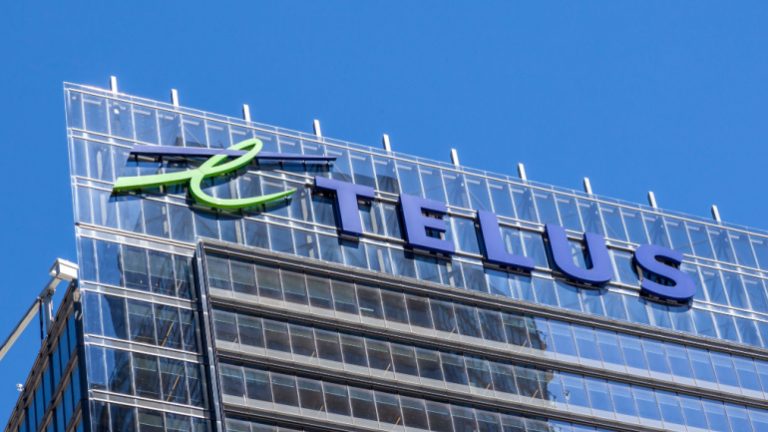
Google has issued a firm reminder to its users regarding the fate of inactive accounts, announcing a new policy set to take effect from December 1, 2023. The technology giant recently dispatched emails to Gmail and other Google service users, notifying them of the policy’s rollout.
According to the company’s latest guidelines, any Google account that remains dormant or unattended for a period of two years will be considered eligible for deletion. This development follows an earlier blog post on May 16, wherein Google unveiled its updated approach towards inactive accounts, spanning platforms like Gmail, Docs, Drive, Meet, Calendar, YouTube, and Google Photos.
Before apprehension sets in, users should take note of the stipulated conditions that must be met before an account is slated for potential removal. The new policy specifically targets accounts that have not been accessed or used for two years. In such cases, Google pledges to send multiple reminder emails to both the inactive account and any linked recovery accounts at least eight months prior to any deletion action.
To thwart an account’s impending deletion, users have the option to either sign in to their accounts or engage in a specific activity within the Google ecosystem. Activities such as reading or sending an email via Gmail, accessing Google Drive, watching a YouTube video, sharing a photo from Google Photos, downloading an app from Google Play, performing a Google search, or employing Google credentials for third-party services are all valid methods.
Certain exceptions exist within this new framework, including Google Accounts associated with YouTube channels, videos, or comments, those with remaining gift card balances, and accounts with published applications on the Google Play store.
It is imperative to note that this revised policy exclusively pertains to individual Google accounts, with organizational accounts used by businesses and schools remaining unaffected. The company’s intention behind the updated policy aligns with industry standards for data retention, aiming to minimize the duration for which unused personal data is stored.
Google’s rationale for this policy change is rooted in security concerns. The company recognizes the susceptibility of dormant accounts to potential breaches and unauthorized access, prompting its stringent measures.
To support users in managing their accounts and safeguarding data, Google offers tools such as Google Takeout for data download and export, as well as the Inactive Account Manager for controlling the fate of inactive accounts and their associated data.



